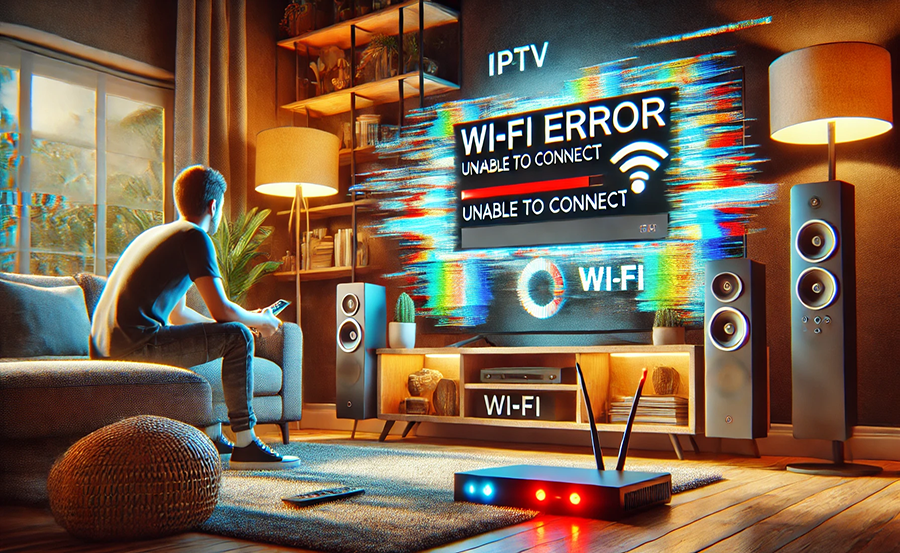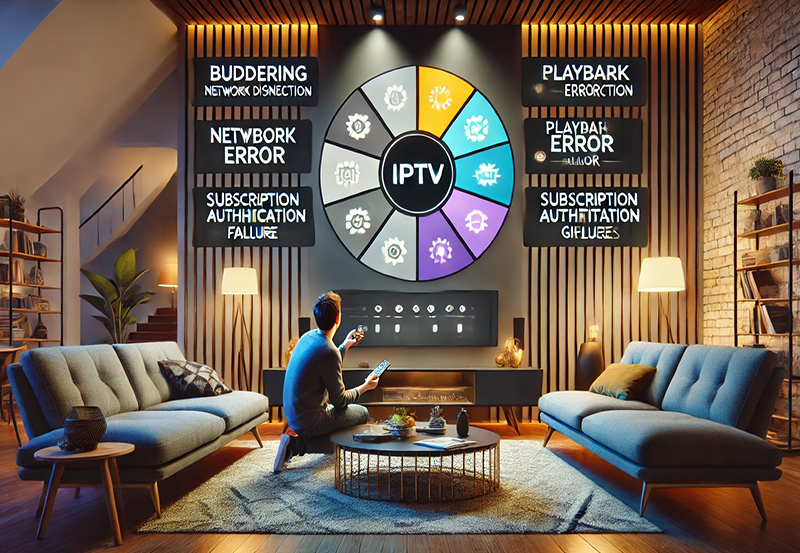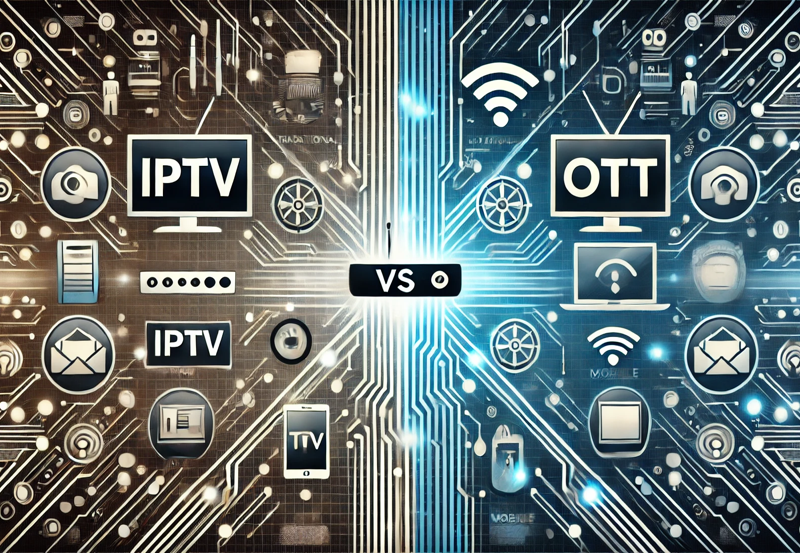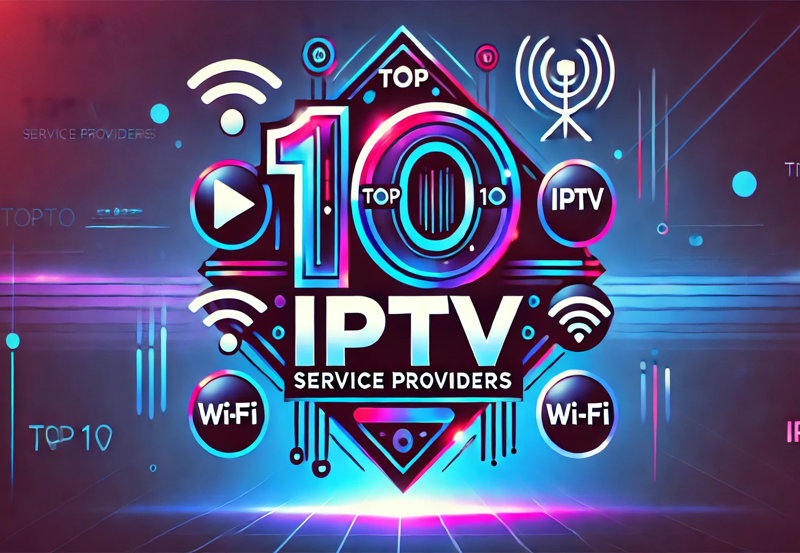Understanding IPTV: A Modern-Day Solution for Sports Enthusiasts
In today’s fast-paced world, entertainment isn’t confined to traditional broadcasting. Internet Protocol Television, or IPTV, has revolutionized how audiences consume content, especially sports. Whether you’re a die-hard football fan or a casual viewer, IPTV provides a flexible solution for streaming live events directly into your home. Buy 1 Year IPTV and Enjoy Unlimited Content
This article will take you on a journey to explore how you can optimize your viewing experience, tackle common issues like streaming delays, and get the most out of your IPTV service. We aim to provide actionable insights, drawing from real-life scenarios and experiences—all wrapped in a professional yet engaging narrative.
What Causes IPTV Streaming Delays?
Streaming delays are frustrating for any viewer, particularly when watching live sports. Understanding the root causes can help mitigate these issues. Delays often arise from various factors, including bandwidth limitations, high network traffic, and outdated IPTV software. Recognizing these will put you in a better position to address them effectively.
Network latency is another significant contributor. The distance data needs to travel over the internet can cause delays, especially when servers are located far from the viewer’s location. Weather conditions might also indirectly impact performance, affecting your experience of IPTV for sports streaming.
Identifying Bandwidth Limitations
Your internet speed is crucial for ensuring a smooth streaming experience. Most high-quality streams require at least a 10Mbps connection for uninterrupted service. Considerations must be made for household activities that share the bandwidth, such as online gaming or simultaneous streaming on other devices.
To determine if bandwidth issues are causing delays, conduct a speed test during peak hours. If speeds fall below recommendation, it might be time to explore alternative internet plans.
Handling Network Congestion
High network traffic can significantly impact streaming quality. Congestion is common during major sports events, leading to buffering and interruptions. Optimizing your network by using wired connections over Wi-Fi can drastically reduce these issues.
Moreover, consider scheduling large downloads or system updates during off-peak hours to free up bandwidth for your IPTV services, especially during crucial game times.
Real-World Tips to Avoid Network Bottleneck
- Prioritize your router placement; central locations generally offer better coverage.
- Use Quality of Service (QoS) settings to manage traffic priority on your network.
- Invest in a dual-band router to minimize interference.
Keeping Your IPTV Software Updated
Software updates often include performance enhancements and bug fixes crucial for maintaining optimal streaming quality. Ensure your IPTV client and any related applications are up-to-date to avoid unnecessary latency and compatibility issues.
Ignoring these updates might lead to issues with security and service availability. It’s a preventive measure that can save lots of frustration down the line.
Enhancing Your IPTV Experience
Now that you understand the reasons behind IPTV streaming delays, let’s discuss how to enhance your experience further. Venturing into settings management, hardware adjustments, and leveraging resources can significantly upgrade your IPTV entertainment quality.
Adjusting Stream Settings for Better Performance
Many IPTV services offer adjustable settings to cater to various internet speeds. Lowering stream quality can often reduce buffering. However, finding a balance that doesn’t compromise viewing quality while still ensuring stable performance is essential.
Test different resolution settings during non-peak hours to find what works best for your connection without sacrificing too much on the visual front.
Hardware Considerations: Does Your Equipment Measure Up?
While internet speeds often take the blame for streaming issues, underestimating the importance of quality hardware is a common oversight. Ensuring your ISP-provided modem and router are up-to-date and compatible with high-speed internet can prevent delays that you might mistakenly attribute to your IPTV service.
Consider investing in a high-quality streaming device or smart TV known for better compatibility and smoother performance with IPTV services.
Securing Your Network with Trusted Devices
- Ensure all devices connected to your network are secured with the latest firmware.
- Disable unnecessary devices to improve bandwidth allocation for your IPTV service.
How to Install IPTV for Optimal Results
Installing IPTV can be a bit daunting at first, but with a few simple steps, you can set it up smoothly. Begin by selecting a reliable IPTV service provider. Opt for services with good reviews, excellent customer support, and trial periods to assess their performance.
Step-by-Step Installation Guide
Once you’ve selected a provider, follow these steps:
- Download the IPTV app compatible with your device. Ensure you get the version that’s updated.
- Obtain your M3U playlist URL or Xtream Codes from your IPTV provider.
- Open the IPTV app and enter the playlist information to begin streaming.
It’s straightforward, but ensure your security settings allow the app installation. If you face issues, revisiting user forums or the provider’s FAQ section can reveal troubleshooting insights shared by other users.
FAQs: Common Questions About IPTV Streaming

How can I prevent buffering during live sports events?
Ensure you’re using a reliable internet connection and prioritize wired connections over wireless ones. Additionally, lowering the stream quality during high-traffic times can help maintain a smooth watching experience.
What’s the best device for IPTV streaming?
Choosing a device largely depends on personal preferences and setups. However, devices like Nvidia Shield or Amazon Fire Stick are popular due to their high compatibility and processing power.
Is high-speed internet crucial for IPTV?
While not all IPTV streams require extremely high-speed internet, a dependable connection of at least 10Mbps is recommended to ensure smooth, uninterrupted services, especially for high-definition content.
Are there legal concerns when using IPTV?
Legalities surrounding IPTV can vary by region. It’s pivotal to choose providers who operate within legal confines and adhere to copyright laws to avoid potential legal complications.
What can I do if I experience frequent disconnects?
Check your network stability, ensure all cables are securely connected and consider changing your DNS settings. Frequent disconnects can also be related to issues from the provider’s side, so reaching out to their support can also shed light on service stability.
Are free IPTV services reliable?
Free IPTV services might seem enticing but often come with risks, such as poor streaming quality, limited channel selections, and potential legal risks. Opting for reputable paid services usually provides a more stable and legal solution.
Embark on your journey with IPTV, not just as a viewer but as an informed user. Mastering your IPTV entertainment experience can lead to countless hours of enjoyable content consumption without the headaches of technical interruptions. Now go ahead and enjoy the next big match, knowing you’ve got the tools to make it a seamless experience!
IPTV vs Traditional Cable: Which Is Better for Businesses?





